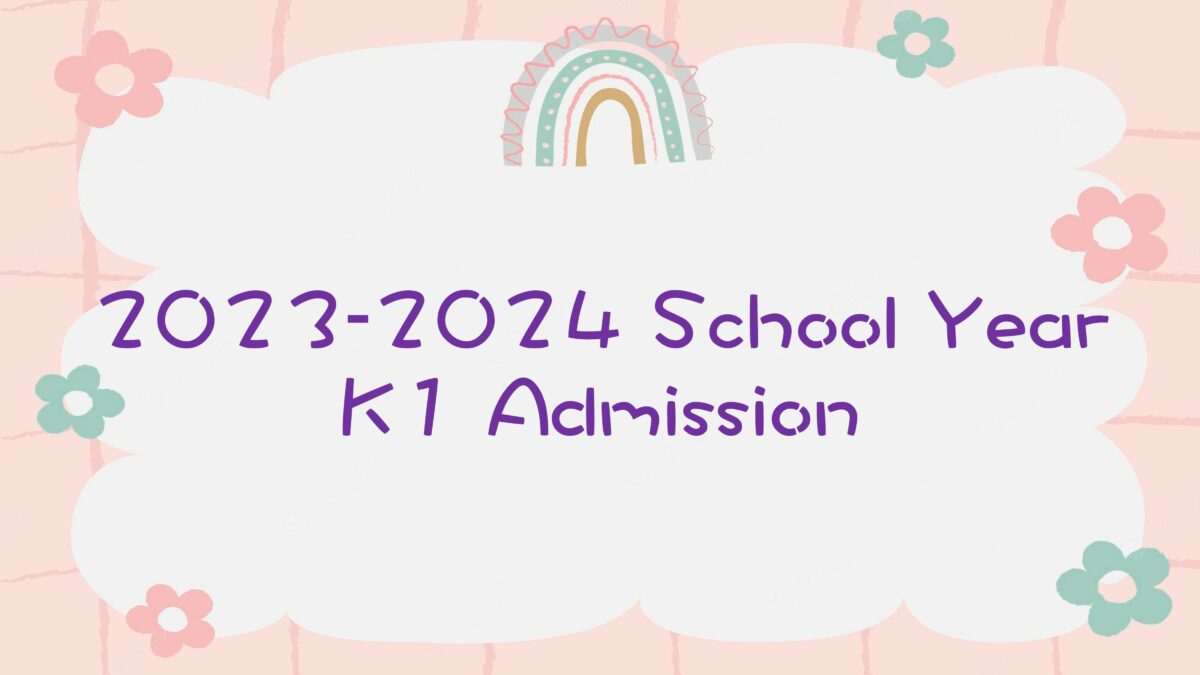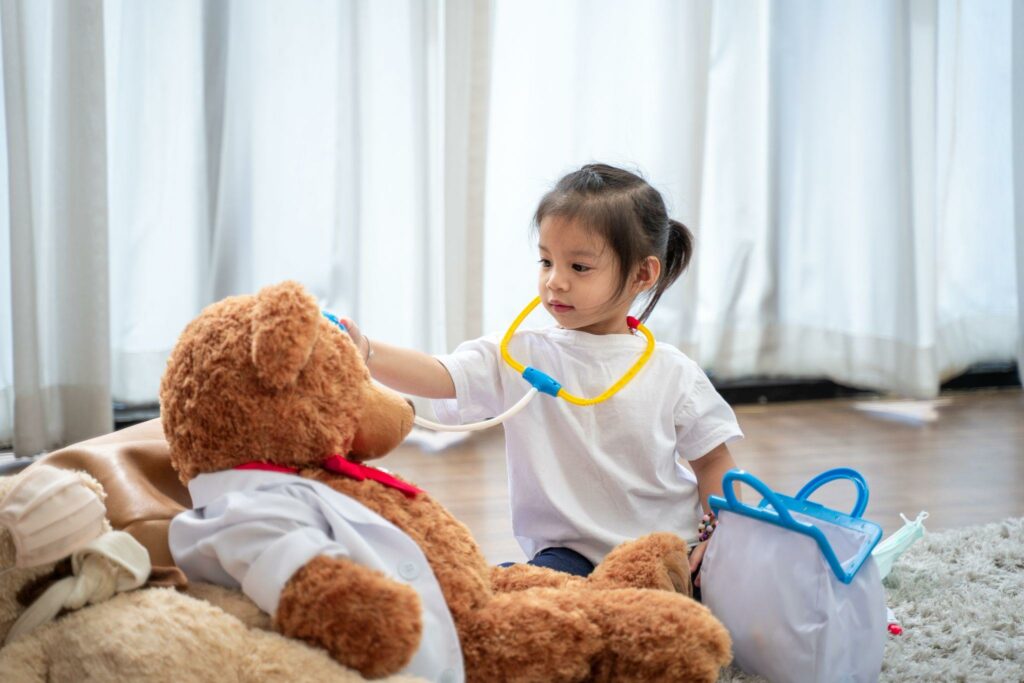Parents Zone
system

Source:Dr Hui Lung Kit
Whether for children or parents, doing homework is the biggest problem. Even during the summer break, many parents find it a headache. Parents often fight with their children, which worsens their relationship. In fact, there are three main reasons for slow homework.
First, excessive activity. At home, children frequently run around, climb up and down, and run from the bathroom to the kitchen, then to their room. They never stop, like a motorcycle moving around. Imagine how painful it is to make them do their homework. If you give them a table and chair, they will never sit still. When they finally settle down, they keep fidgeting and moving their bodies, like they have ants in their pants.
To start doing homework, they pick up the pen and say they need to go to the bathroom, then say they need to pee, poop, or that they are hungry and need to eat something. They always have an excuse to leave the chair. It usually takes them 1 to 2 hours to settle down to do homework, which is called excessive activity. Children who are excessively active will definitely do their homework slowly, not because they are slow, but because they need more time to settle down.

For older children, like middle school students or upper elementary school students, they may not necessarily run around, but they often shake their legs, constantly shaking to the point where the whole table is moving. For example, they may spin their pen around and around. Don’t underestimate this leg shaking, pen spinning, and body moving actions; they are actually symptoms of hyperactivity.
Secondly, they have weak concentration. Children with insufficient concentration may be able to sit down, but they stare at you like a cloud, daydreaming, completely unaware of what they are doing. They hold a pencil and look at their homework, but they are just looking at it and can never absorb the first question. So they may be able to sit down, but they will always stay on the first question, constantly distracted by phone calls or doorbells, and they can never focus.
Some parents have complained to us that if it is a hyperactive child, they will need to walk around in the first hour, and children with poor concentration will be daydreaming for the first hour, and it will take until the second hour before they can continue, and they will do it very slowly.

Thirdly, weak reading and writing ability. You may have heard of reading and writing disorders, which are more severe cases. However, some children do not have reading and writing disorders, but their reading and writing abilities are weak. This includes Chinese, English, and mathematics, including reading and writing. It seems difficult for them to read and spell, and they can never seem to remember simple words. Writing is always reversed; left and right are reversed, just like in a mirror, and some even turn things upside down.
These types of children can sit still and will do so when asked. They can also concentrate well. But what happens? They will sit and do their homework, but they will sweat profusely while doing so. However, after completing their work, every question is wrong, and they cannot remember or understand anything. This may be due to reading and writing problems, which can slow down their homework.

I just mentioned three reasons, which one is it exactly? Of course, some children may have all three, but if parents can pay attention, they shouldn’t just blame the child. When he is working slowly, first pay attention to which of the three reasons the child belongs to. If you know which reason he belongs to, then we can prescribe the right treatment and get twice the result with half the effort.












